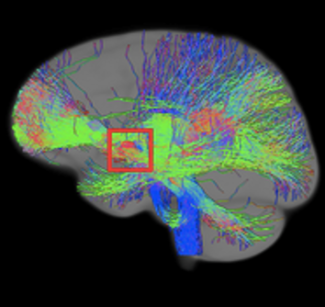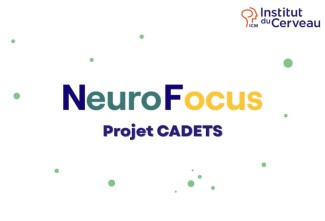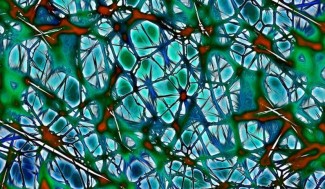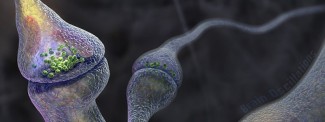The main symptoms of Tourette’s syndrome are motor and verbal tics, often accompanied by psychiatric disorders. Tics are intense and repeated, but they can be temporarily controlled through voluntary effort, although this is usually limited to short periods.
In children, the types of tics can vary over time; some can disappear and be replaced by others In adulthood, tics can improve or disappear on their own in many cases, but the mechanisms behind this improvement are still not properly understood. By contrast, in 23% of cases, the symptoms continue or worsen.
It is also important to know that motor and vocal tics can be momentarily suppressed through intense concentration. They also tend to decrease during activities that require sustained attention. The tics are often preceded by a premonitory urge – a physical or psychological feeling that causes the tic in the patient. These characteristics, combined with the variability of tics over time, are essential criteria for diagnosing Tourette’s syndrome.
Motor tics
Motor tics present as muscle contractions and sudden, involuntary and repeated movements. They are almost constant. They mainly affect the upper body, face (in the form of grimaces), head and shoulders/arms. Each tic remains quite localized, whether through blinking, shaking the head, or movements of the arms and shoulders. More complex movements can also be considered as tics, such as hopping, looking back, touching or grabbing an object.
These tics can also be more complex, with a tendency to imitate movements observed in others – echopraxia – or a propensity to make obscene gestures (copropraxia).
Vocal tics
Vocal tics are the types best known to the public, including coprolalia – the tendency to repeatedly and uncontrollably utter insulting phrases. However, this type of tic is only seen in a very small number of patients, for whom it is a very challenging social stigma to live with. In most cases, vocal tics are simple noises such as sniffing, throat clearing or coughing. More complex sounds, such as in coprolalia, may still exist, but usually they involve involuntary repetition of syllables or words (palilalia), without obscene language, or repeating someone else’s words (echolalia).
Factors that contribute to tics
There can be several factors involved in tic frequency and intensity. Stress and fatigue tend to bring on tics, while calmness and concentration help to reduce them.
Associated psychiatric symptoms
Tourette’s syndrome is, in most cases, combined with psychiatric and behavioral symptoms or conditions. Firstly, attention deficit disorders, whether or not combined with hyperactivity, are present in a high proportion of patients. Obsessive-compulsive disorders (OCD) are also common, and present as ubiquitous obsessions. To relieve their anxiety, the person engages in invasive rituals that have significant effects on everyday life. At the same time, patients can develop oppositional defiant disorders, anxiety, depression or autism spectrum disorders.
At Paris Brain Institute
In a study published in the journal Cortex, Cyril Atkinson-Clément and Yulia Worbe (Sorbonne University/APHP), from the ‘Mov’it: Movement, Investigations, Therapeutics. Normal and Abnormal Motor Control: Movement Disorders and Experimental Therapeutics’ team at Paris Brain Institute have shown that, contrary to what we might think, controlling motor impulsivity, the trait typically seen in our ability to inhibit a movement or action that has already started, is not correlated with tics in patients with Tourette’s syndrome.




